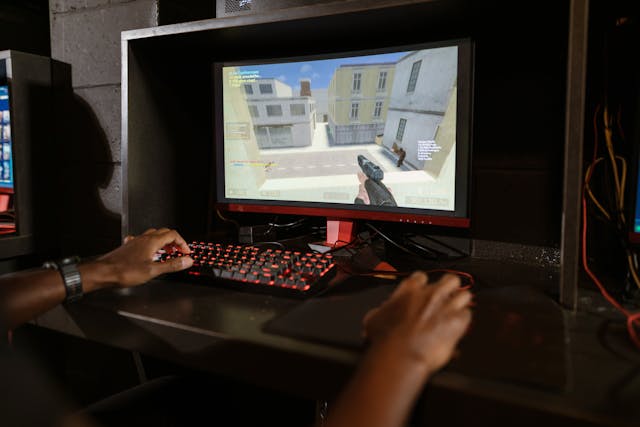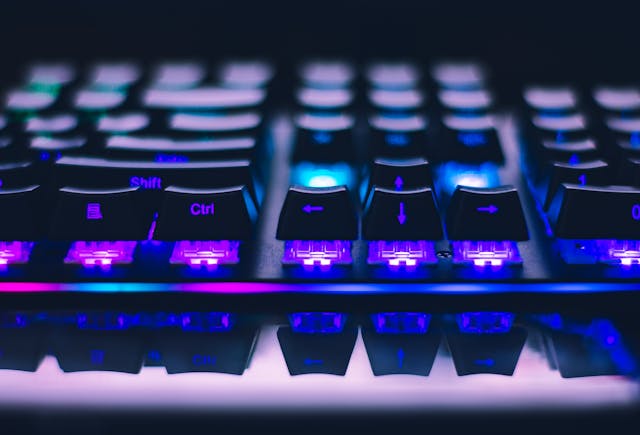Some concerned readers came across H.R. 5447 – Music Modernization Act over on the official Congress website. The bill has already passed House voting with flying colors and will soon receive a vote from the Senate. The biggest issue that many people found with the bill is that it extends copyright protections on older music and prevents it from entering the public domain by up to 144 years in some cases.
The topic gained some moderate traction over on Kotaku In Action due to the fact that most media don’t seem to be talking about it much, or talking about it in ways that highlight how more American freedoms when it comes to entertainment distribution, sharing, broadcasting, and consumption are being infringed upon.
Most notably is that the bill attempts to compile a number of music related copyright issues under one roof, covering the extension of copyright protection and preventing of entering the public domain by up to 144 years, as well as a centralized oversight committee and database that controls copyrighted music registration, distribution and royalty fees.
For instance, in the bill, the Mechanical Licensing Collective initiative will work as a central licensing hub, where creators can register their works, setup their own licensing contracts, and set the terms and conditions in which their works can be distributed. This will all be handled through a central copyright agency, somewhat like a government controlled version of places like Mod Archive or the Indie Game Music Database.
Mechanical licensing committee is designed to help with distributing licenses between the creators and buyers/sellers. The committee will help with licensing distribution, representation, board meetings, and ensuring that royalties are collected in a timely enough manner if arbitration is required.
There will also be a musical works database, where licensing, copyright, distribution, purchasing, and availability information will be collated and itemized for public perusal. And yes, this could even apply to music used in video games as well.
Payments and royalties will also be handled through the Collective, and any back payments or missing payments can be audited at least once a year if an artist believes that payments aren’t being made on time… or at all.
The Mechanical Licensing Collective will cover all forms of music distribution, from sharing, to streaming, to video use, to downloads, to samples, to broadcasts, and everything else in between.
One of the biggest issues in the bill, however, is the fact that works made between January 1st, 1923 and February 15th, 1972 will have copyright protection extended up through February 15th, 2067…
“Anyone who, before February 15, 2067, and without the consent of the rights owner, performs publicly, by means of a digital audio transmission, a sound recording fixed on or after January 1, 1923, and before February 15, 1972, shall be subject to the remedies provided in sections 502 through 505 to the same extent as an infringer of copyright.”
In plain old English, distributing works between 1923 and 1972 without permission could be considered infringing on the copyright of that work up until the year 2067. What this means is that many works that should have been in the public domain 50 years after the death of the original content creator has now been extended up to 95 years for anything produced in 1972, and a whopping 144 years for anything as far back as 1923.
Some think that this will further stifle works and give more control to copyright holders in the record industry as opposed to the actual artists who created the music, especially since many artists who made music between 1923 and 1972 have already passed.
Nevertheless, what the public thinks isn’t up for much debate given that the bill has already received overwhelming support from incumbents, with 49 cosponsors and a House vote of 415 to 0, meaning that it’s passed the House and will now be moving on to a vote from the Senate before eventually becoming law.






